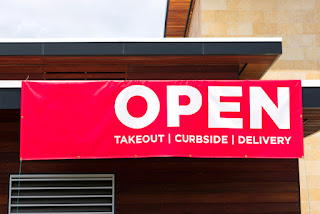Networking is an invaluable, inexpensive, and effective tool for building your business.
Despite the digital age, people prefer doing business with companies they know and trust. Networking provides potential clients the connection and trust they need to later make a purchase.
According to Oxford Economics USA, 80% of professionals find networking essential to their career success. Because of this, 41% want to network more often. Networking may seem daunting, especially for those not naturally inclined to talk with others, but a little uncomfortableness outweighs the benefits.
A First and Lasting Impression
Before getting started, it’s important to look the part.
First impressions are important. After all, people are constantly judging and forming opinions of others. Once the initial opinion is made, it can be challenging to alter it.
Before networking, practice creating a good impression. This means focusing on a professional style of dress, creating good posture, practicing a firm handshake, and focusing on professional mannerisms. These all may seem insignificant on their own, but they add up to how others view you. Be professional, but be sure to remain confident and trust yourself.
Search Out Events
Next, find events where you can network, such as business seminars, networking groups, professional associations, and community events.
- Business seminars are commercial programs that deliver information or training about a specific topic to the attendees.
- Networking groups are a great way to exchange business information, share ideas, and offer support.
- Professional associations are made up of members who are within the same industry. It’s a great area to network with others in your field and receive and share the most current methods and ideas.
- Community events enable you to meet local people who care about their community.
At any event, it’s important to make connections first and worry about the potential profit later.
People don’t want to be seen as money. However, people do like to talk about themselves. That’s why some of the best connections are made when you hardly say a word. Instead, ask lots of questions and let them do the talking.
Business Cards: The Ultimate Networking Tool
Business cards are an invaluable marketing tool to always carry around with you.
It’s an affordable way to promote your business by providing the potential client with something tangible they can hold onto and view later. Plus, the size is optimal for its ease of use and display.
Business cards are convenient for carrying around in your pocket and sharing at networking events. Best of all, business cards create a lasting professional impression and provide the most important information to the potential client.
Networking may take a lot of time, work, and effort, but the business it provides is worth it!








